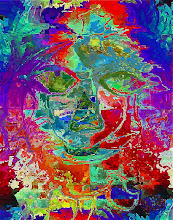A colleague suffered a heart attack during one of his classes this week. He was terribly scared, a Muslim prayer rising from his lips as we fanned his sweat away with sheets of paper to help him breathe, waiting for the ambulance on that hot, sticky polluted afternoon.
I talked, tried to reassure him during the long minutes leading to the paramedics’ arrival. I said that everything was ok, under control. Relax. Your skin color is fine, your face looks good. Breathe, don’t be afraid. We’re here. You look fine, no need to cry. Everything’s taken care of. Don’t try to move. We’re here.
He felt paralysis on his left side, the arm and the leg, his right hand violently grabbing his shirt where his heart struggled. The medics arrived, confirmed he had had a mild attack, but as they were reaching the hospital it worsened, and he had a big one, fortunately for him with doctors nearby.
The following day, he called me from the hospital, giggling. A touch of euphoria in his voice, telling me he felt great, and that he would probably take Monday and Tuesday off to rest, hoping he would be fit enough to resume his duties next Wednesday…
Denial? Fear?
And then, I caught a cold, fever shooting up. My nose dripping. A reaction to my own fears? The ganmao attacking my lungs and sinuses. My brain stuffed with slow, porous thoughts, unmanageable. My way out of this eventful reality? Could very well be.
On my way to recovery, I got to ponder over the role of pain and how we remember it. Or simply don’t or won't. As was the case for my colleague.
As an example, it’s not possible, as such, to relive the pain associated with giving birth. Women, I think, haven’t forgotten, but somehow the sharpness of the pain sinks below recognition levels. I use peripheral souvenirs to reconstruct how I felt. I see the round mirror that enabled me to see my child appear. Through this image, I can recall that I ached. But it’s a ‘cold’ memory, disincarnated. I no longer feel that specific hurt, although I’m sure it once existed, intense and dominating.
On the other hand, I have a clear, emotional recollection of my daughter as I first laid eyes upon her. She was so pretty, I thought. And I can recall, word for word, the silent conversation that went on in my mind as I held her. I said, “Hello you. Who are you, pretty baby? I don’t know you. You’re different from me. I’ll have to get to know you. We have time.”
I can still hear myself thinking this, as my daughter, eyes wide open, seemed to look at me wondering about the same thing. I had a strong sense of holding a person, a real complete person, detached from me. Another being. I don’t quite know what I had expected, but I was surprised at her fullness, at her entity, so compact, so comprehensive. Somebody I would have to get to know and understand. And this would only happen with time. I had no privileged insight into her being because I was the mother. I would have to learn, little by little, who she was.
I also recall the bus ride I took, with my suitcase, to go to the hospital when my contractions started to get regular and closer to one another. There was a sense of loneliness I worked at pushing away, deciding I wouldn’t let it spoil the last hours of my pregnancy.
For my son, it was different. My waters broke as I was waiting to be examined by the obstetrician. I was already at the hospital for my weekly appointment. No contractions. I started pushing right away and within minutes, my son was born. The doctor arrived too late. The baby was born with the help of two nurses. He went “flop,” like an excited bar of soap squeezed between hands. Hardly any pain. Just a nice, pink, chubby boy showing up. There he was, in my arms, and I thought it strange that my female body could produce a male one. It defied an unusual kind of logic I didn’t know, up to that instant, I had. It was therefore a revelation about myself that my son triggered, there, calmly sleeping next to me.
My most vivid memories of pain have nothing to do with bodily harm. They are mostly linked to emotional experiences such as financial anguish, trying desperately to make ends meet with two young children. The anxiety, staring at unpaid bills. Panic when the phone rang, debt collectors hunting me down. Arduously unfolding unbelievable length of creativity to invent the money we needed. Not next week, not tomorrow, but now. Right now. Before dinner time. Digging profoundly, furiously into myself for solutions. All the strength I could invoke to win an extra day of survival. Inching our way out of the corners where we always seemed to end up, the three of us.
That overwhelming suffering, I remember all of it. Indelible imprints on my cerebral cortex. Distress vibrating throughout my nervous system.
That’s the way it is: I don’t truly remember the pain when I broke my foot. I can’t describe today what my body underwent when I had pneumonia. I know these events occurred, but the memory of the pain with time has transformed itself into an intellectual recollection, devoid of sensory affect. But I remember, with extreme precision, anguish. I can make it resurface and connect to it, measuring the damages to my personality, to my daily activities, my social interactions. I can still gauge today the dimensions of my hopelessness back then, how it slashed through my energy, disjointing my thoughts. My sensitivity exacerbated, stretched to unsustainable limits. Implosive grief, poisoning how I viewed myself.
In other words, I wouldn’t remember later, in any poignant way, the pain caused by a well-applied punch in the face, but wouldn't forget winds of emotions brushing by, accompanying a fear, or the intense realization of standing at a major crossroad.
So, there you were, my children, my grand-children, being born. Not the thought of labor, but a welcoming motion into this world.
I feel again and again the shivers of admiration at meeting you. Your presence suddenly added to this world. Your voices, your gestures, the space that your bodies started to occupy. I still have it in me to recreate the very seconds of your arrivals. Not in a romantic or idealistic way. But through the awareness that we all made it, all of us, all the way up to your entrance alongside my life. You, my children, my grand-children, sound and intact. Pulses. An absolute materialization of vitality. Resilient. Continuant. Diligent.
Memory retained as a form of everlasting externality. To do some good. Responsive to the reminiscence that exists all around us as scars, days of disorders, pleas for shelter, and the many byproducts of bitterness are being counted.
As far as our nature is concerned, despite the bloody red color of balance sheets drawn in the past, we have finally morphed into reproductive success; evolutionarily speaking, supporting the advances of human warmth, touch and sentiments. Our emotional history dedicated to the embodiment of air, fire, earth, and water. The quintessence of substances safely lodged in our ultimate lightness of spirit. Views of inner pain as well as of liberation. The body always hurting a bit, but in a way that can be forgiven.
Your Laolao
I talked, tried to reassure him during the long minutes leading to the paramedics’ arrival. I said that everything was ok, under control. Relax. Your skin color is fine, your face looks good. Breathe, don’t be afraid. We’re here. You look fine, no need to cry. Everything’s taken care of. Don’t try to move. We’re here.
He felt paralysis on his left side, the arm and the leg, his right hand violently grabbing his shirt where his heart struggled. The medics arrived, confirmed he had had a mild attack, but as they were reaching the hospital it worsened, and he had a big one, fortunately for him with doctors nearby.
The following day, he called me from the hospital, giggling. A touch of euphoria in his voice, telling me he felt great, and that he would probably take Monday and Tuesday off to rest, hoping he would be fit enough to resume his duties next Wednesday…
Denial? Fear?
And then, I caught a cold, fever shooting up. My nose dripping. A reaction to my own fears? The ganmao attacking my lungs and sinuses. My brain stuffed with slow, porous thoughts, unmanageable. My way out of this eventful reality? Could very well be.
On my way to recovery, I got to ponder over the role of pain and how we remember it. Or simply don’t or won't. As was the case for my colleague.
As an example, it’s not possible, as such, to relive the pain associated with giving birth. Women, I think, haven’t forgotten, but somehow the sharpness of the pain sinks below recognition levels. I use peripheral souvenirs to reconstruct how I felt. I see the round mirror that enabled me to see my child appear. Through this image, I can recall that I ached. But it’s a ‘cold’ memory, disincarnated. I no longer feel that specific hurt, although I’m sure it once existed, intense and dominating.
On the other hand, I have a clear, emotional recollection of my daughter as I first laid eyes upon her. She was so pretty, I thought. And I can recall, word for word, the silent conversation that went on in my mind as I held her. I said, “Hello you. Who are you, pretty baby? I don’t know you. You’re different from me. I’ll have to get to know you. We have time.”
I can still hear myself thinking this, as my daughter, eyes wide open, seemed to look at me wondering about the same thing. I had a strong sense of holding a person, a real complete person, detached from me. Another being. I don’t quite know what I had expected, but I was surprised at her fullness, at her entity, so compact, so comprehensive. Somebody I would have to get to know and understand. And this would only happen with time. I had no privileged insight into her being because I was the mother. I would have to learn, little by little, who she was.
I also recall the bus ride I took, with my suitcase, to go to the hospital when my contractions started to get regular and closer to one another. There was a sense of loneliness I worked at pushing away, deciding I wouldn’t let it spoil the last hours of my pregnancy.
For my son, it was different. My waters broke as I was waiting to be examined by the obstetrician. I was already at the hospital for my weekly appointment. No contractions. I started pushing right away and within minutes, my son was born. The doctor arrived too late. The baby was born with the help of two nurses. He went “flop,” like an excited bar of soap squeezed between hands. Hardly any pain. Just a nice, pink, chubby boy showing up. There he was, in my arms, and I thought it strange that my female body could produce a male one. It defied an unusual kind of logic I didn’t know, up to that instant, I had. It was therefore a revelation about myself that my son triggered, there, calmly sleeping next to me.
My most vivid memories of pain have nothing to do with bodily harm. They are mostly linked to emotional experiences such as financial anguish, trying desperately to make ends meet with two young children. The anxiety, staring at unpaid bills. Panic when the phone rang, debt collectors hunting me down. Arduously unfolding unbelievable length of creativity to invent the money we needed. Not next week, not tomorrow, but now. Right now. Before dinner time. Digging profoundly, furiously into myself for solutions. All the strength I could invoke to win an extra day of survival. Inching our way out of the corners where we always seemed to end up, the three of us.
That overwhelming suffering, I remember all of it. Indelible imprints on my cerebral cortex. Distress vibrating throughout my nervous system.
That’s the way it is: I don’t truly remember the pain when I broke my foot. I can’t describe today what my body underwent when I had pneumonia. I know these events occurred, but the memory of the pain with time has transformed itself into an intellectual recollection, devoid of sensory affect. But I remember, with extreme precision, anguish. I can make it resurface and connect to it, measuring the damages to my personality, to my daily activities, my social interactions. I can still gauge today the dimensions of my hopelessness back then, how it slashed through my energy, disjointing my thoughts. My sensitivity exacerbated, stretched to unsustainable limits. Implosive grief, poisoning how I viewed myself.
In other words, I wouldn’t remember later, in any poignant way, the pain caused by a well-applied punch in the face, but wouldn't forget winds of emotions brushing by, accompanying a fear, or the intense realization of standing at a major crossroad.
So, there you were, my children, my grand-children, being born. Not the thought of labor, but a welcoming motion into this world.
I feel again and again the shivers of admiration at meeting you. Your presence suddenly added to this world. Your voices, your gestures, the space that your bodies started to occupy. I still have it in me to recreate the very seconds of your arrivals. Not in a romantic or idealistic way. But through the awareness that we all made it, all of us, all the way up to your entrance alongside my life. You, my children, my grand-children, sound and intact. Pulses. An absolute materialization of vitality. Resilient. Continuant. Diligent.
Memory retained as a form of everlasting externality. To do some good. Responsive to the reminiscence that exists all around us as scars, days of disorders, pleas for shelter, and the many byproducts of bitterness are being counted.
As far as our nature is concerned, despite the bloody red color of balance sheets drawn in the past, we have finally morphed into reproductive success; evolutionarily speaking, supporting the advances of human warmth, touch and sentiments. Our emotional history dedicated to the embodiment of air, fire, earth, and water. The quintessence of substances safely lodged in our ultimate lightness of spirit. Views of inner pain as well as of liberation. The body always hurting a bit, but in a way that can be forgiven.
Your Laolao



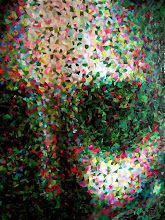
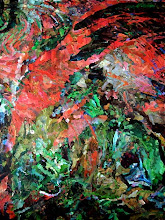
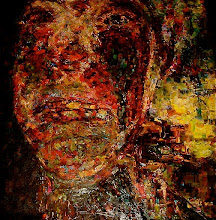
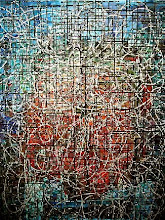
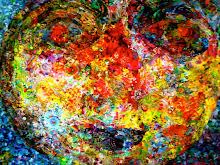
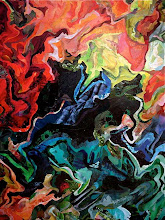
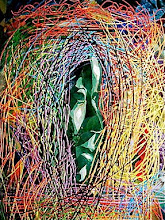
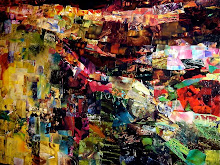
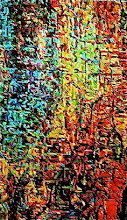
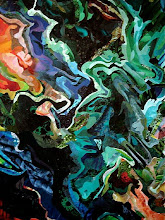
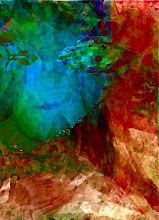.jpg)
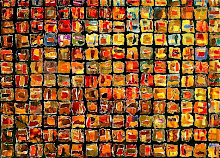
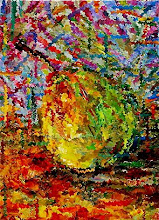
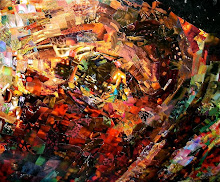
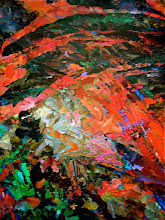
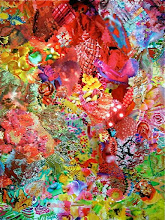
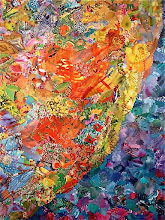
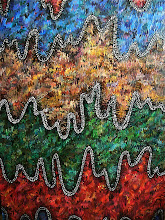
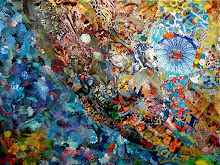
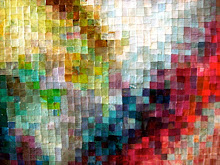
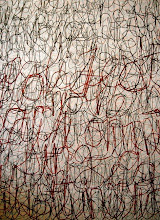
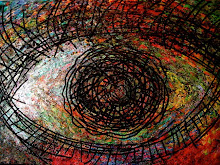
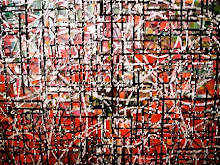

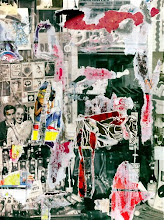
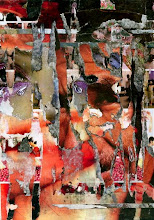
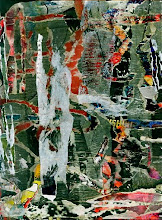
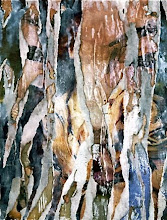


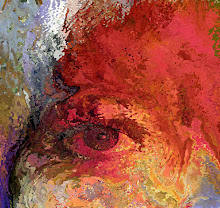
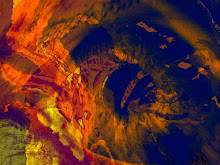
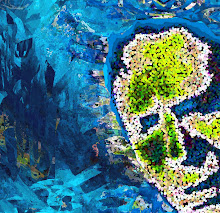
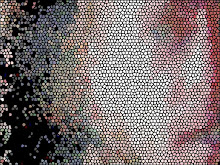.jpg)
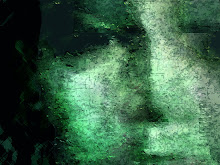
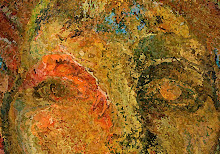
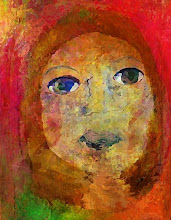.jpg)
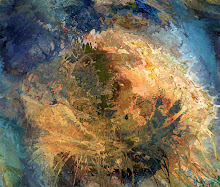
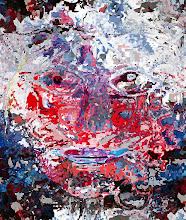
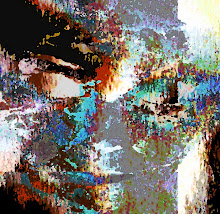
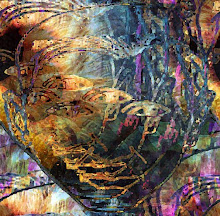


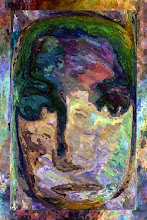photo+album).jpg)
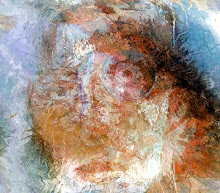.jpg)
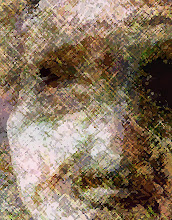
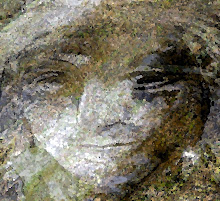
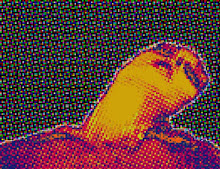
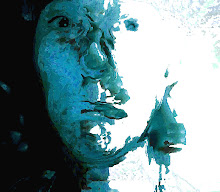
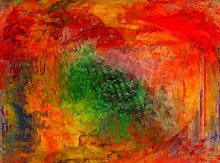





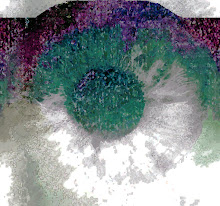
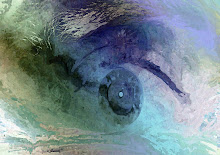

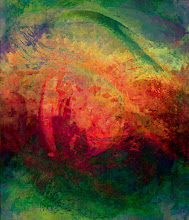

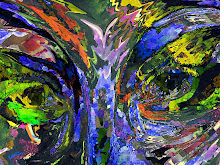
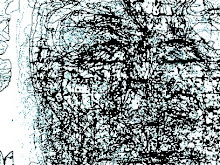.jpg)
